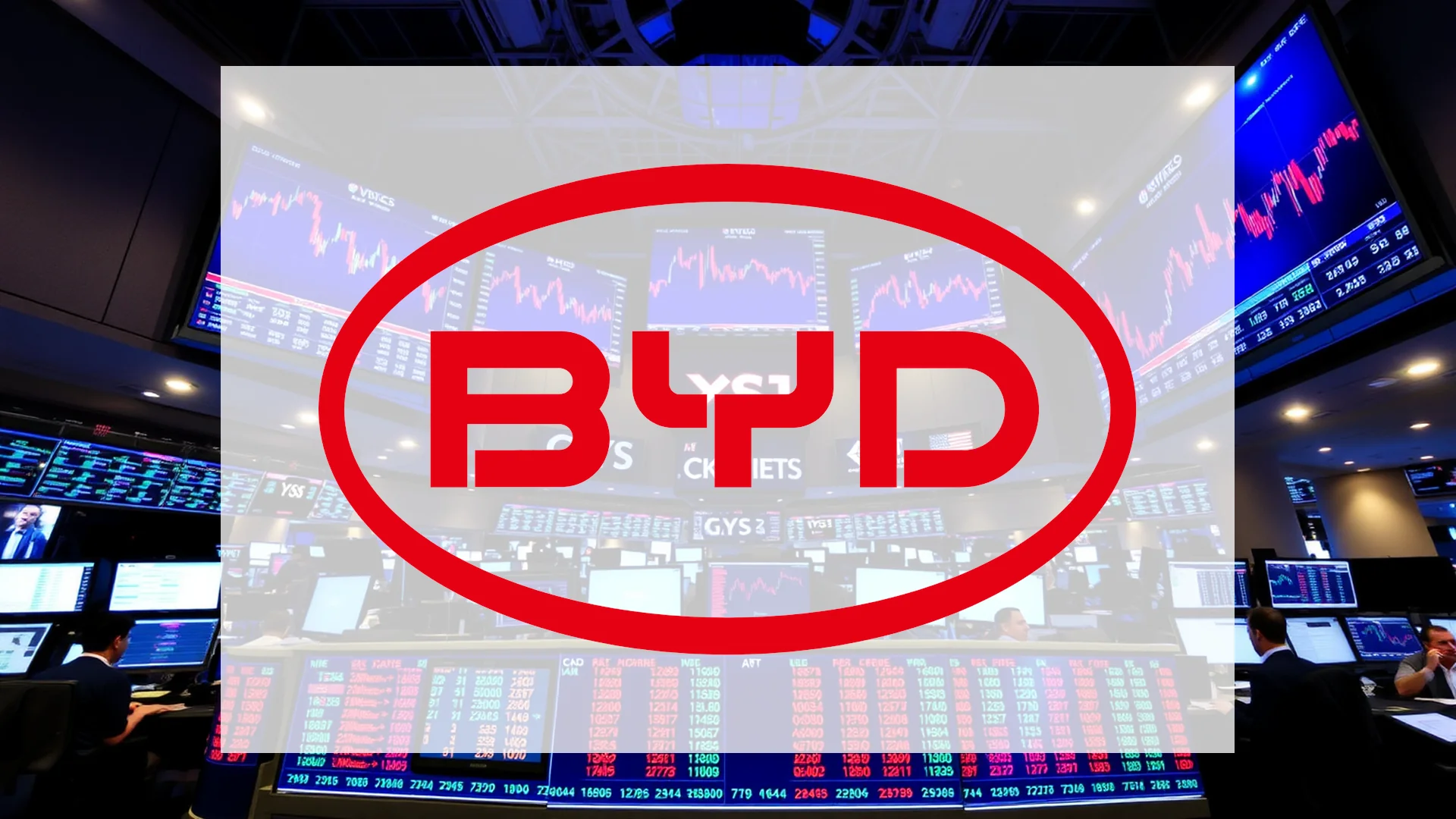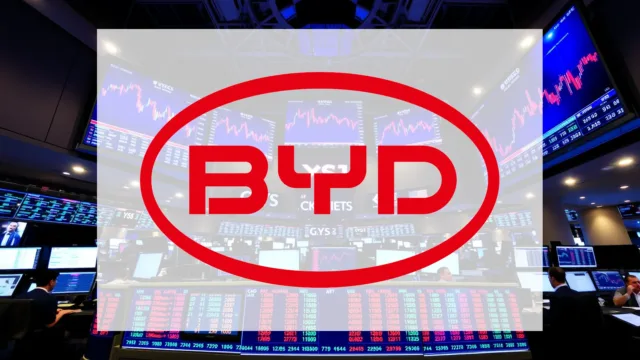
Reports emerging from Washington have sent ripples through financial markets, as BYD finds itself potentially facing inclusion on a US Defense Department list identifying companies with alleged ties to China’s military. The Chinese electric vehicle manufacturer, alongside technology giants Alibaba and Baidu, is under consideration for the “Section 1260H” list, according to a Bloomberg report published early Thursday.
Market Reaction and Broader Challenges
Trading in Hong Kong reflected immediate investor concern, with BYD shares declining 1.27 percent to HKD 97.10. This development erased recent gains, introducing fresh uncertainty for shareholders. While inclusion on this specific list does not carry the severe, immediate sanctions associated with the Specially Designated Nationals (SDN) list, it serves as a significant warning to Western investors and business partners, potentially damaging corporate reputation and paving the way for future operational restrictions.
Compounding these geopolitical headwinds, BYD is confronting regulatory shifts in a key overseas market. Thailand’s National Electric Vehicle Policy Board, governing BYD’s most important Southeast Asian market, has moved to tighten subsidy requirements. These stricter conditions threaten to compress profit margins for the manufacturer, which dominates local sales with its Atto 3 model.
Robust Fundamentals Confront Political Risk
This negative political news stands in stark contrast to the company’s strong operational performance. Data confirmed just this week shows BYD maintained its position as the world’s leading seller of pure battery electric vehicles (BEVs) in the third quarter of 2025, capturing a 15.4 percent market share and keeping competitor Tesla at bay.
Should investors sell immediately? Or is it worth buying BYD?
However, the market is increasingly factoring in a geopolitical risk discount. BYD’s international expansion strategy, which includes establishing new production facilities in countries like Hungary and Brazil, was designed in part to circumvent tariff barriers. The potential stigma of a US defense blacklisting could now complicate these global ambitions.
Key considerations for investors include:
- Technical Support Level: From a chart perspective, the stock is testing a critical support zone around HKD 96-97. A decisive break below this level could be interpreted as a bearish signal.
- 2026 Growth Targets: Market experts are questioning whether BYD’s ambitious target of 1.6 million vehicle sales outside China remains achievable amid growing political pressure.
- Investor Sentiment: The relatively modest single-day share price decline suggests a cautious “wait-and-see” approach rather than outright panic, though volatility is expected to persist.
The investment community is now focused on awaiting official confirmation from the US Pentagon regarding the list’s update. Should BYD be formally added, numerous US-based funds may be compelled to reassess their holdings in the company.
Ad
BYD Stock: Buy or Sell?! New BYD Analysis from November 27 delivers the answer:
The latest BYD figures speak for themselves: Urgent action needed for BYD investors. Is it worth buying or should you sell? Find out what to do now in the current free analysis from November 27.
BYD: Buy or sell? Read more here…









